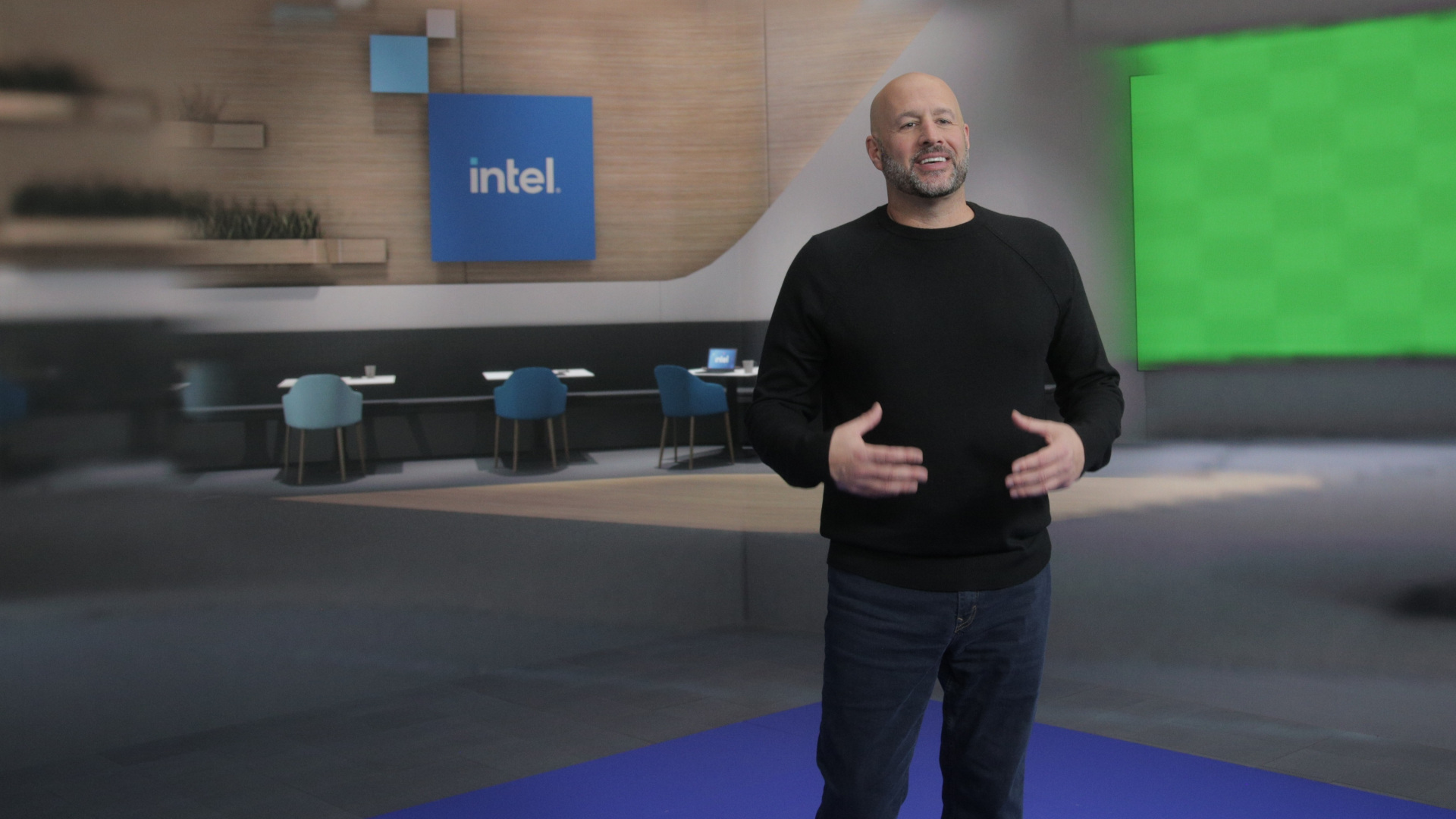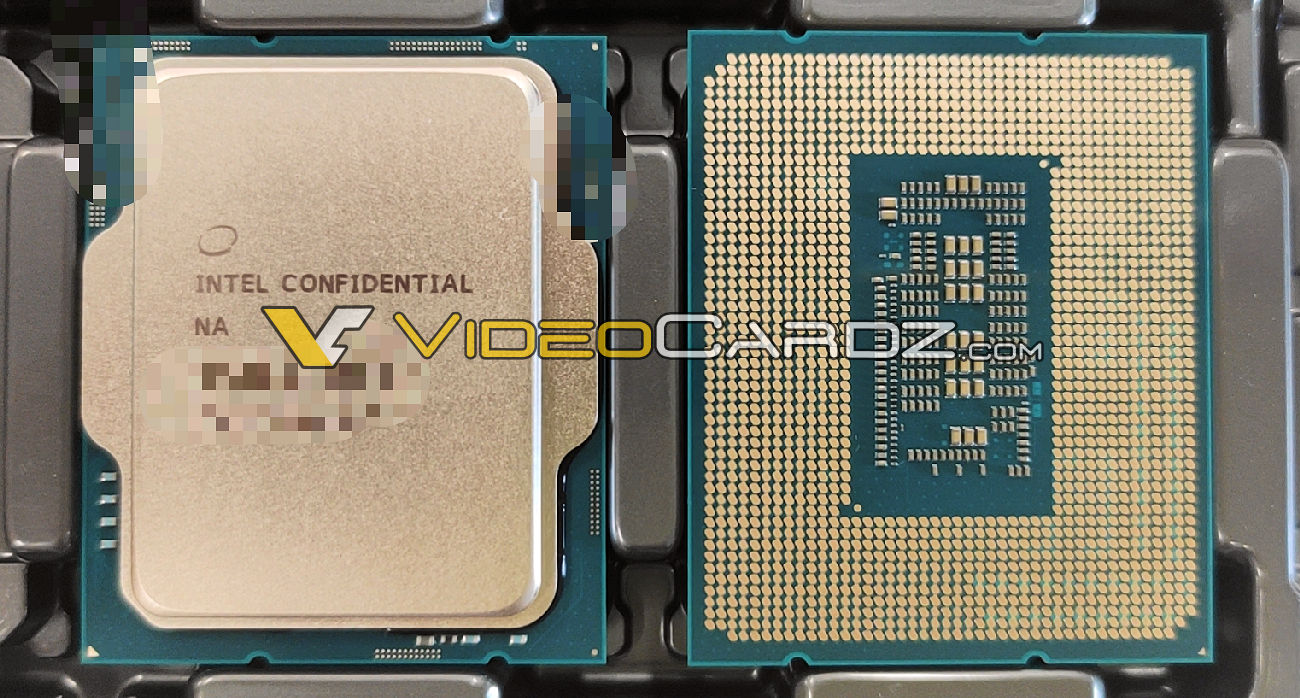Intel Alder Lake release date, specs and price – everything we know
Hot on the heels of 11th-gen Rocket Lake and Tiger Lake processors, Big Blue is bringing it all together later this year with the Intel Alder Lake series of processors, based on the high-efficiency big.LITTLE hybrid design pioneered by the British semiconductor firm Arm.
It seems that big.LITTLE is all the rage right now, thanks largely to the huge success of the Apple M1 chip, which replaced Intel's own silicon in last year's Apple MacBook Air, 13-inch Apple MacBook Pro, and Mac Mini, and soon to be released in Apple's new iMac.
Apple is so committed to their new silicon that we're already hearing rumors about the next-generation Apple MX chip that might be powering Apple's more powerful 16-inch MacBook Pro later this year.
It's little wonder then that Intel is making its own MX rival, based on the same architecture as Apple's silicon first developed by Arm. This design, known primarily as big.LITTLE but also as "hybrid" architecture, features a mix of low-power, high efficiency, single-thread cores to handle low urgency background tasks and more traditional dual-thread, high performance cores to handle heavy workloads.
While a very popular design for low power mobile devices for more than a decade, big.LITTLE processors haven't had enough power to tackle the most demanding apps on the market like Adobe Creative Suite, but that is changing fast, with the Apple M1 chip showing the kind of performance the design is capable of when powering traditional desktop workloads.
It's no wonder that we're excited to see what Intel will be able to do with the new architecture. It's a major step for Intel, who is used to using its own design for decades now, and after some stumbles in recent years and its losing ground to AMD, a change is definitely warranted.
So what do we know about Intel Alder Lake, the first major overhaul of an Intel processor generation in as long as anyone can remember? Early rumors are promising, and we're here to tell you everything we know from expected release date to clock speeds to what we've seen from potential benchmark leaks.
Cut to the Chase
- What is it: Intel's 12th-generation processor series for both desktop and mobile
- When is it out: Sometime toward the end of 2021
- How much will it cost? Likely starting around $125/£90/AU$160

Intel Alder Lake release date
While an official release date hasn't been given yet, Intel revealed during CES 2021 that it expected Alder Lake to arrive in the second half of 2021, while the company's former CEO, Bob Swan, saying that "[Intel] will qualify Alder Lake desktop and notebook for production and begin our volume ramp in the second half of 2021."
There was a lot of speculation that Intel was on track for a September 2021 launch for Alder Lake - only six months or so after the launch of the 11th-gen Rocket Lake desktop processors - but word is getting around more recently that the global semiconductor shortage is starting to impact Alder Lake's release schedule, potentially pushing it back into November 2021.
While this wouldn't be too hard on desktop PC owners, seeing as Rocket Lake has just been released, but even with Tiger Lake processors getting a refresh soon, laptop enthusiasts will be particularly bummed out by the delay since Alder Lake promises to really shine on laptop PC, thanks to improved energy efficiency translating into improved battery life (who wouldn't want a gaming PC that can go six hours or more on battery power? One can hope at least).
Still, Intel has been pretty tight lipped about any delay caused by the semiconductor shortage. Besides, Intel makes a lot of its semiconductors itself, rather than relying on suppliers like TSMC for all of its silicon the way AMD and Apple do, so Intel might be in better shape than its rivals in that regard, even though they will no doubt feel pressure on their supply chain.

Intel Alder Lake specs
The first thing to know about Intel Alder Lake's specs is how the new architecture will divide itself between efficiency and performance cores. Gracemont is the name Intel has given to the efficiency cores in Alder Lake and these are designed to manage background tasks and certain system functions like managing the computer's power when in Sleep Mode, waking from sleep, handling log-ins, and similar menial tasks.
Golden Cove cores are the ones Intel plans on using to perform more demanding tasks like gaming, video processing, and the like. If a major piece of software of your computer is currently in focus - even Google Chrome - chances are they will be running on Golden Cove cores while other, lower-priority apps and tasks get pushed off onto the Gracemont cores, freeing up resources for the more demanding, immediate task at hand.
In this way, this arrangement is sure to benefit even desktop PC users who - whether they realize it or not - continuously dedicate precious clock cycles on their high-end Core i9 and Ryzen 9 processors for things like updating the system clock and polling connected peripheral devices like printers even while they are playing the latest and best PC games.
We also know that Alder Lake will bring together the three processor tracks for desktop, laptop, and low-powered mobile devices under a single 12th-generation processor platform, with Alder Lake-S being the desktop designation, Alder Lake-P being the laptop processors, and Alder Lake-M heading to mobile devices.
One benchmark that was turned up online a few months back indicated that Alder Lake-P could feature 14 cores and 20 threads, which would be a bit unorthodox as far as core counts have gone up until recently. Usually, cores come in powers of two, so two cores/four threads, four cores/eight threads, eight cores, etc.
But big.LITTLE architecture allows for some interesting mixes, with the Alder Lake-P chip possibly having six Golden Cove cores with 12 threads alongside eight Gracemont cores with eight threads. Other permutations are also possible, so until we see something specific from Intel, it's anyone's guess.

Intel Alder Lake performance
As far as the performance of those cores go, it's also a bit hard to tell. Early benchmark leaks were a bit muddled since the benchmarking tools weren't designed for big.LITTLE architecture, so they might have had trouble properly measuring the new processors' performance.
Still, these benchmarks appear to have clocked one of Alder Lake's cores running at a base frequency of 2.2GHz, which is too low for it to have been a Golden Cove core. It's much more likely that this was the base frequency for one of the Gracemont cores, which is pretty fast for an efficiency core. In fact, the overall performance of the benchmark indicated that the Alder Lake chip being tested was outperforming a ninth-gen Core i9-9900k in single core performance and absolutely blowing it away in multicore performance.
There's also been some speculation that the Gracemont cores could have a similar level of performance to Intel's sixth-gen Skylake processors, released back in 2015. While these might be old by today's standard, these would be much more powerful than the kind of efficiency cores most of us were expecting.
- Empty list
from TechRadar - All the latest technology news https://ift.tt/3o8UU5l
No comments